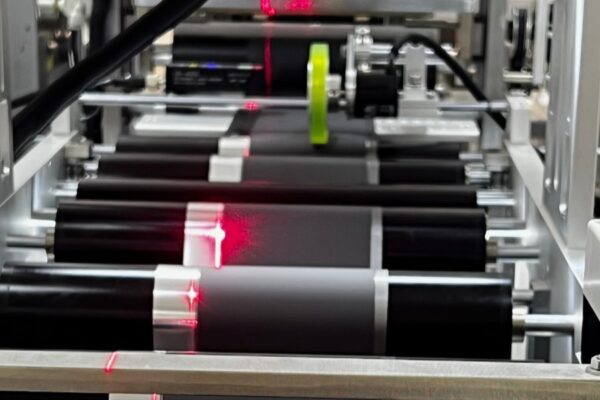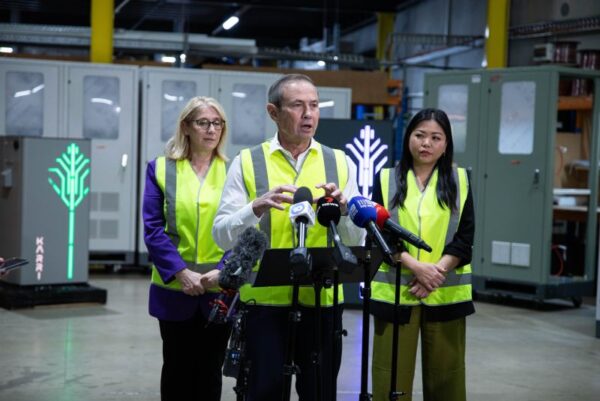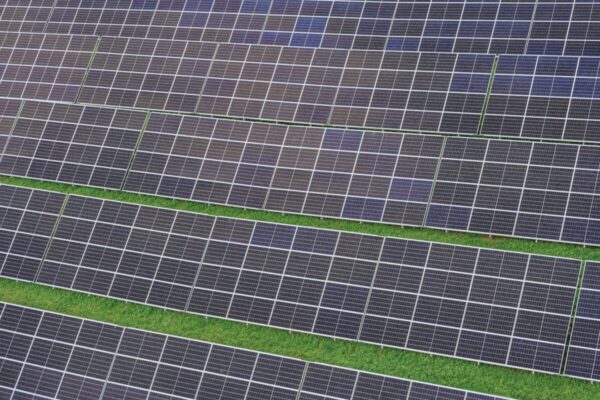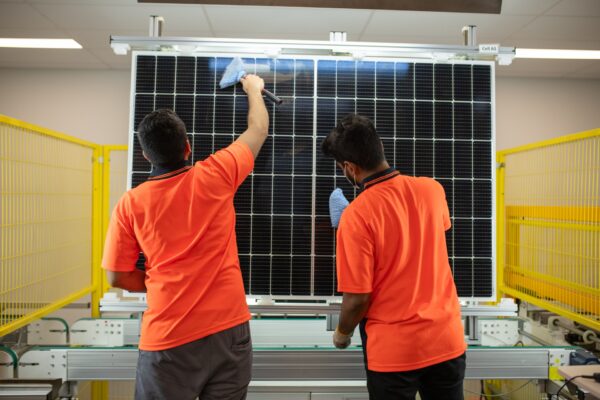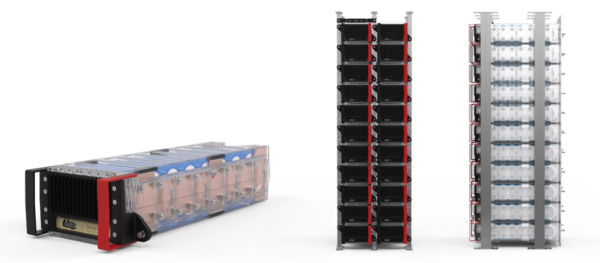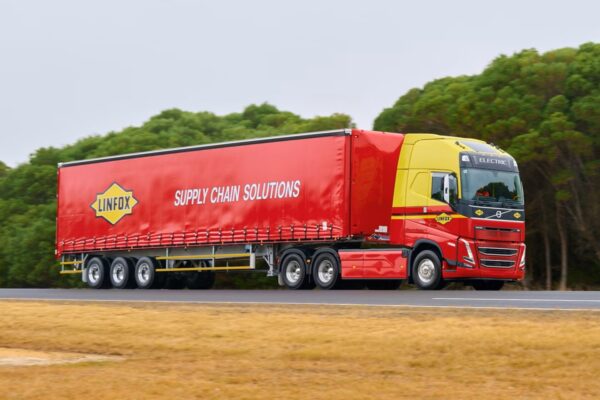Search Results for "manufacturing"
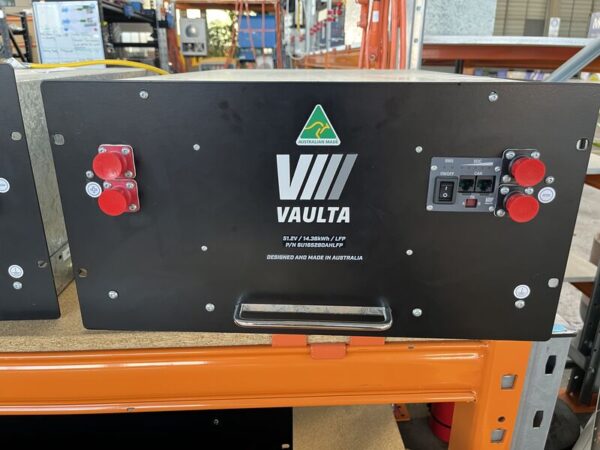
Article
Jul 01, 2025
Queensland battery manufacturer Vaulta has partnered with American company eFinery…
Press Release
Jun 19, 2025
The Western Australia state government is diversifying it's economy and…
Press Release
May 22, 2025
A landmark report confirms Australia is capable of manufacturing several…
Filter Results
